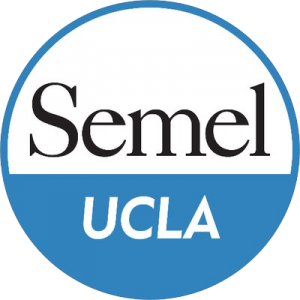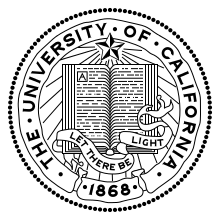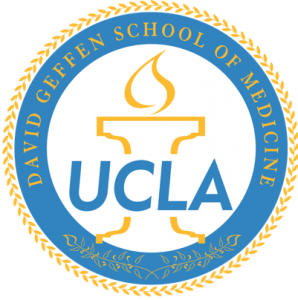Our Mission

Jane and Terry Semel Institute for
Neuroscience & Human Behavior
Mission Statement
The principles of the Office of Inclusive Excellence (OIE) define the vision and values of the faculty within the academic unit comprised of UCLA Department of Psychiatry and Behavioral Sciences, the Jane and Terry Semel Institute for Neurosciences and Human Behavior, and the Resnick Neuropsychiatric Hospital. It is through these principles that we have pursued excellence in scholarship, education, clinical service delivery, and community advocacy in mental health. An explicit health justice and structural competency framework highlights our mandate to perform impactful clinical research and practice that enhances the lives of all people within our local and global communities. We vow to work with cultural humility and be accountable for greater equity amongst historically underserved and disenfranchised communities. We strive to address research with a health justice lens and increase generalizability of scientific findings and their pragmatic translation from laboratory to community.
Our faculty and leadership are committed to integrating the principles of inclusive excellence into all institutional policies and practices through the following steps:
- Fostering a welcoming climate that truly values the unique personal and professional experiences of all individuals.
- Working proactively as a community to decrease stress due to structural discrimination and bias.
- Addressing inequities in pay, promotion, resources, and leadership opportunities within our academic unit.
- Devoting greater academic resources including FTEs, endowed chairs, and programmatic start-up packages to increase access and accountability within our faculty and leadership.
- Ensuring that these principles are promulgated throughout our education and training, clinical, research, communication, and community engagement activities.


